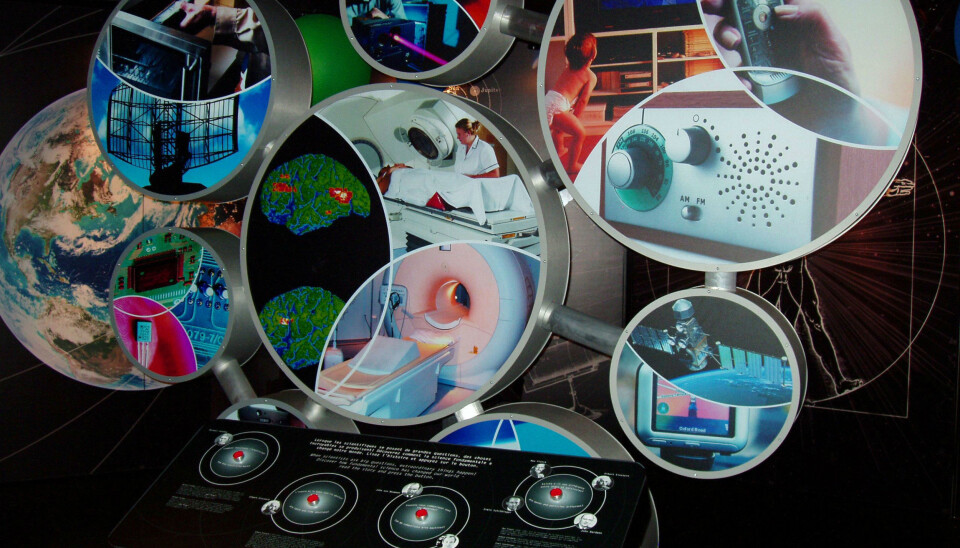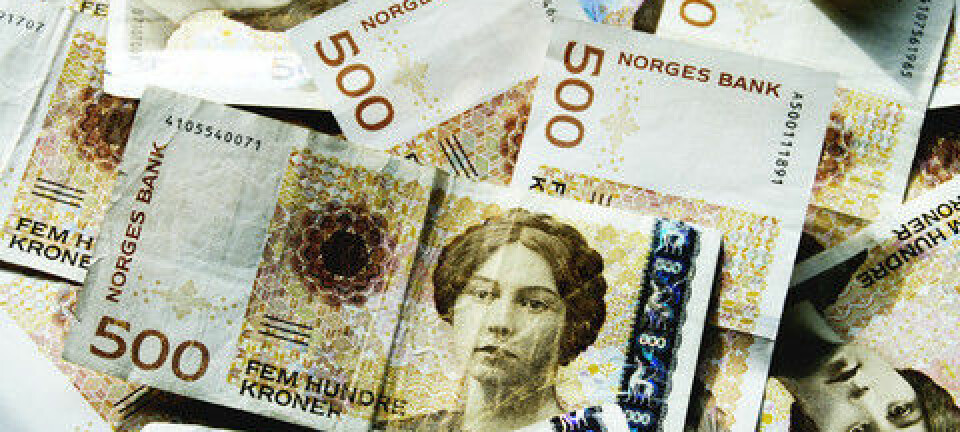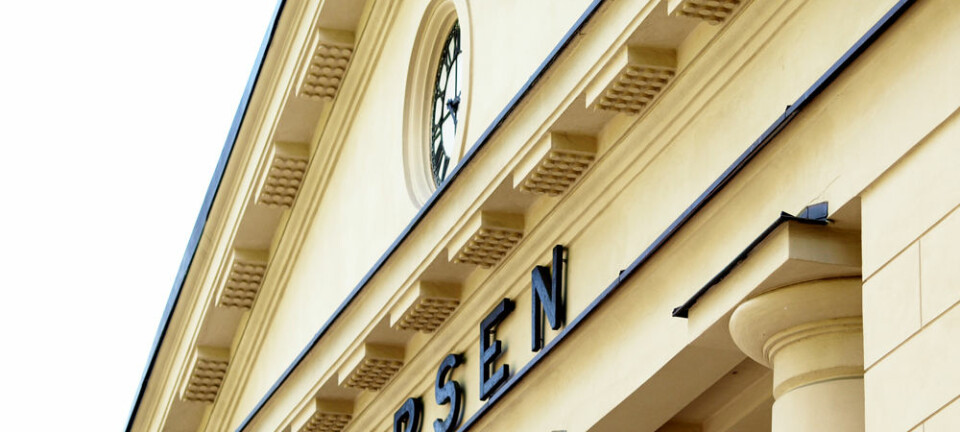
Experience economy brimming with potential
OPINION: In these days of economic uncertainty, businesses ought to make better use of recent research into the experience economy. Perhaps co-creation and individualisation can save us from the crisis, argue the editors of a new book about the latest research into the experience economy.
The experience economy is a relatively new field of research. It is only some 20 years since academics started to open their eyes to it.
In today’s experience economy, most of the economic potential lies in producing and selling experiences rather than commodities or physically processed commercial products. The production and trade of experiences account for an increasing share of the GDPs of countries in the Western world.
Untapped potential
The experience economy has great potential, but it is poorly utilised today. Its potential for the individualisation of products and services, for instance, is not being harnessed at all by many businesses and sectors.
The international research in the past ten years has developed a series of models for how this potential can be tapped.
These models are not being used enough by businesses. There is significant economic development potential hidden in the experience economy. In other words, there is money to be made, jobs to be created and a crisis to get out of.
One area with significant room for improvement in this context is tourism, but there is also a number of other experience sectors that the industry and a variety of service sectors could learn from.
Many businesses would benefit from the existing academic knowledge about e.g. experience innovation in companies, and from an understanding of the drivers and obstacles for experience innovation that currently exist in the companies.
Co-creation and individualisation
As the term suggests, co-creation is the notion that consumers should be more involved in creating the products they want to use – a form of design adaptation in which consumers are involved in the development and the production of new products and services.
Consumers have traditionally been regarded as passive – you could design products for them, logically and rationally, without their involvement. Co-creation is particularly important in the experience economy as the users have individual requirements for experiences and widely different definitions of what constitutes an experience.
Experiences as such are not an end product or a particular service; rather, they are something that arises in the heads of individuals based on a series of influences that are partly controlled by businesses.
Does a lack of understanding of the experience economy worsen the crisis?
A recently published book – ‘Handbook of The Experience Economy', which we edited, outlines the latest research on the experience economy.
According to one of the hypotheses described in the book, the experience economy can help businesses and societies out of the financial crisis.
This idea is explained by the internationally renowned experience economy researchers Joe Pine and James Gilmore, who can almost be called the founders of this phenomenon. In one passage of the book, they write: ”Relying on the manufacturing of goods and the delivery of services remains the mindset of too many executives (and politicians), prohibiting the shift to more vibrant enterprises offering experiences (and thus more robust national economies).”
Many businesses in our part of the world have yet to discover that we are no longer in an economy where consumers primarily demand physical products and services, but that we are now finding ourselves in an economy in which consumers largely seek experiences.
This is not only relevant to tourism businesses and attractions, but for virtually all branches of industry – including those that have no immediate experience potential.
An example in the book mentions how even hospitals can benefits from the experience economy, since it can lead to quicker treatment and thus save money for society.
No, this is not Disneyfication
A persistent point of criticism in academic circles of the theorising behind the experience economy has been that it’s all about entertainment.
This is partly due to the fact that some of the earliest examples used in the academic literature came from Disney.
However, experience is more than just entertainment. It can also be a learning experience, such as a visit to a family science fair, or something that adds meaning to a person’s life, e.g. doing voluntary work in Africa.
------------------
Read the Danish version of this article at videnskab.dk
Scientific links
- Video: "Innovation in service and experience"
- Review of "Handbook of The Experience Economy'
- Jon Sundbo, Flemming Sørensen et. al.: "Handbook On The Experience Economy", Edward Elgar Publishing (2013)








